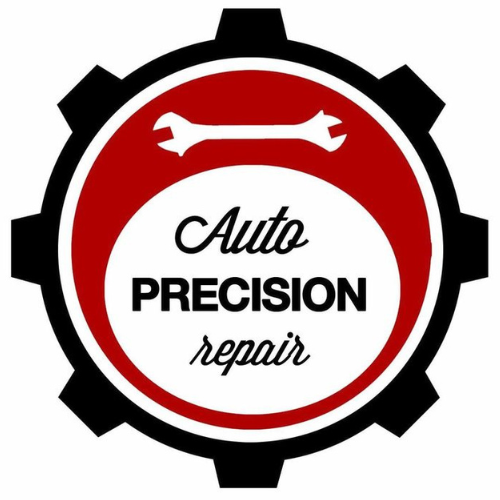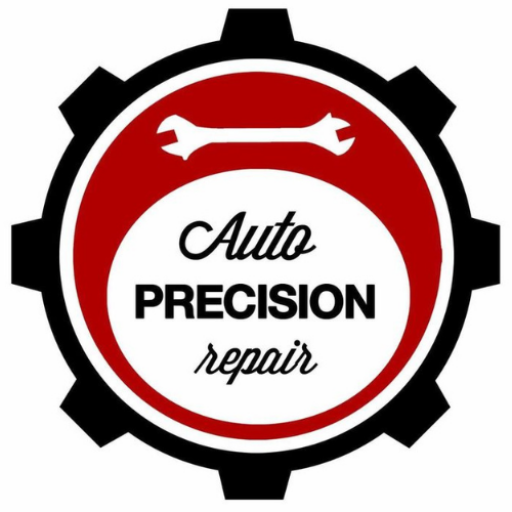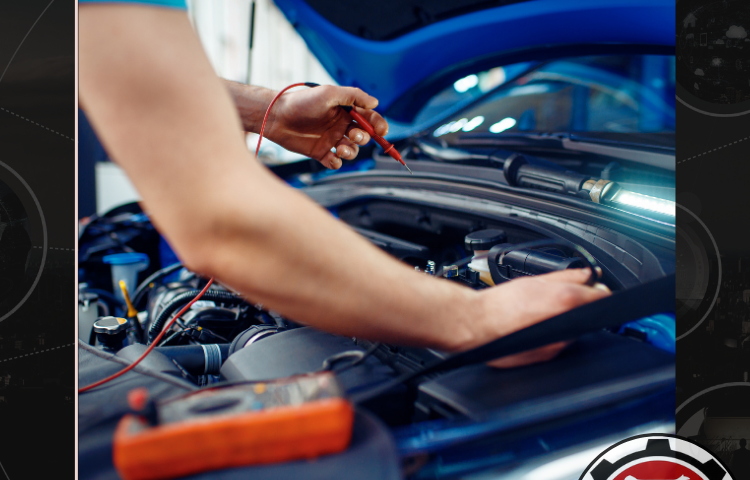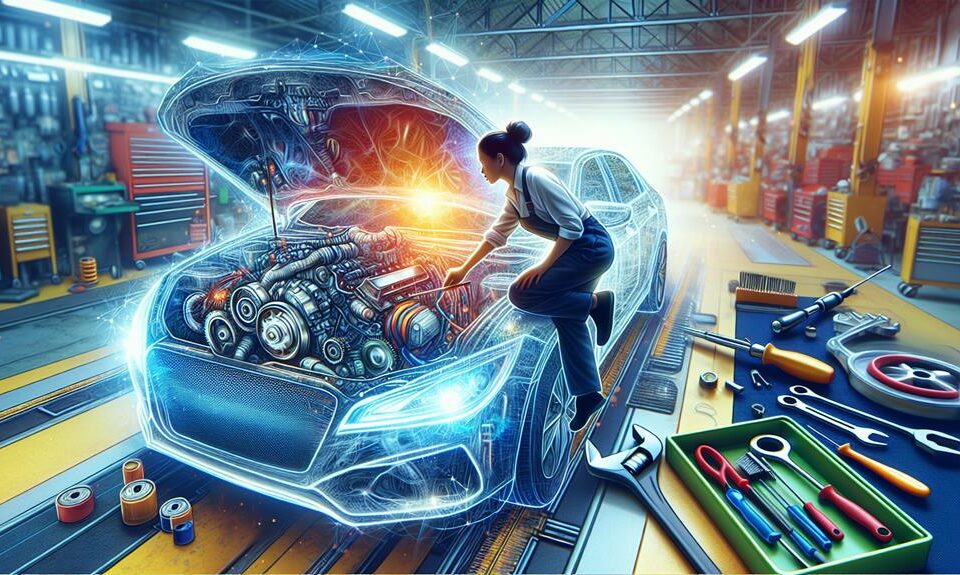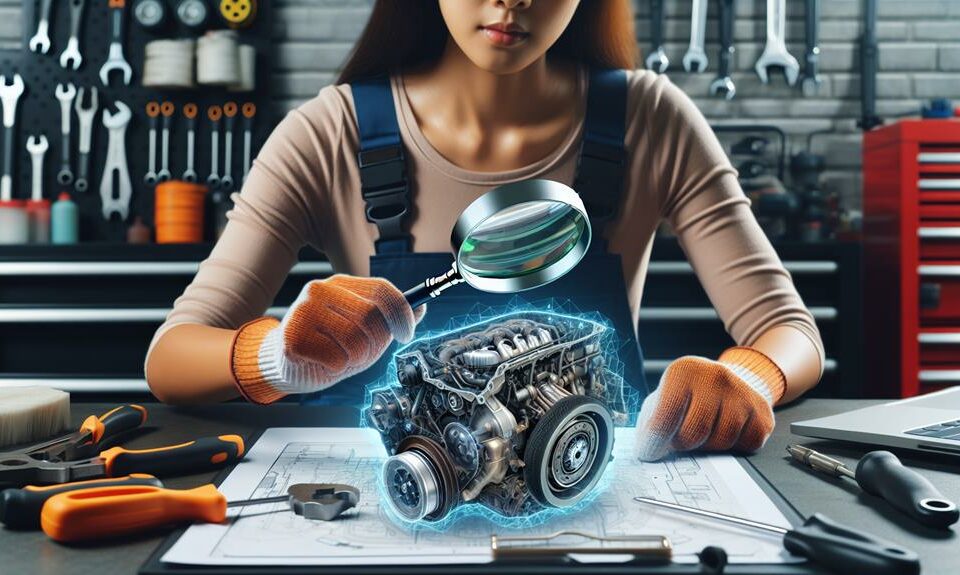The Ultimate Guide to DIY Engine Maintenance: Tips and Tricks for Car Enthusiasts

Timing Belt 101: Why It’s Crucial and When to Replace It
January 9, 2024
Oil Change Essentials: How Regular Maintenance Can Extend Your Engine’s Life
January 9, 2024In ‘The Ultimate Guide to DIY Engine Maintenance: Tips and Tricks for Car Enthusiasts’, we delve into the intricate world of engine upkeep. This guide is a comprehensive resource replete with practical advice, detailed instructions, and insider tips for those who share a common passion for auto repair.
It empowers readers to take control of their vehicle’s performance, longevity, and overall health. Geared towards fostering a community of informed DIYers, this guide brings together a wealth of expert knowledge in a manner that’s accessible for both novice and experienced car enthusiasts.
Be prepared to roll up your sleeves and dive under the hood with us.
Essential Tools for Engine Maintenance
A comprehensive set of tools is integral to performing engine maintenance effectively and efficiently. The right tools can turn a daunting task into a manageable one, fostering a sense of accomplishment and belonging among DIY enthusiasts.
A socket set, for instance, is indispensable for loosening and tightening bolts. It’s essential to have both metric and standard sizes.
A wrench set is important, as some engine parts require different types of wrenches.
Screwdrivers of various sizes come in handy for removing components.
Pliers, both needle-nose and standard, are useful for handling small parts or clips.
Lastly, a good quality torque wrench is a must to ensure bolts are tightened with correct force.
These tools form the foundation of a well-equipped DIY mechanic’s arsenal.
Step-by-Step Engine Maintenance Guide
With your well-equipped toolkit at the ready, let us now delve into the step-by-step process of engine maintenance, beginning with the fundamental steps for beginners to follow.
Engine maintenance is a sequence of tasks you perform periodically to prevent breakdowns and prolong the life of your engine. A typical engine maintenance routine should include the following tasks:
- Checking and replacing the engine oil and filter.
- Inspecting and replacing the spark plugs.
- Cleaning or replacing the air filter.
- Checking and replacing the timing belt if necessary.
- Inspecting and maintaining the cooling system.
By performing these tasks regularly, you will not only extend the lifespan of your auto repair, but also improve its performance and fuel efficiency.
Just remember, proper engine maintenance is a commitment to your vehicle’s health and your safety.
Next Article Prev Article